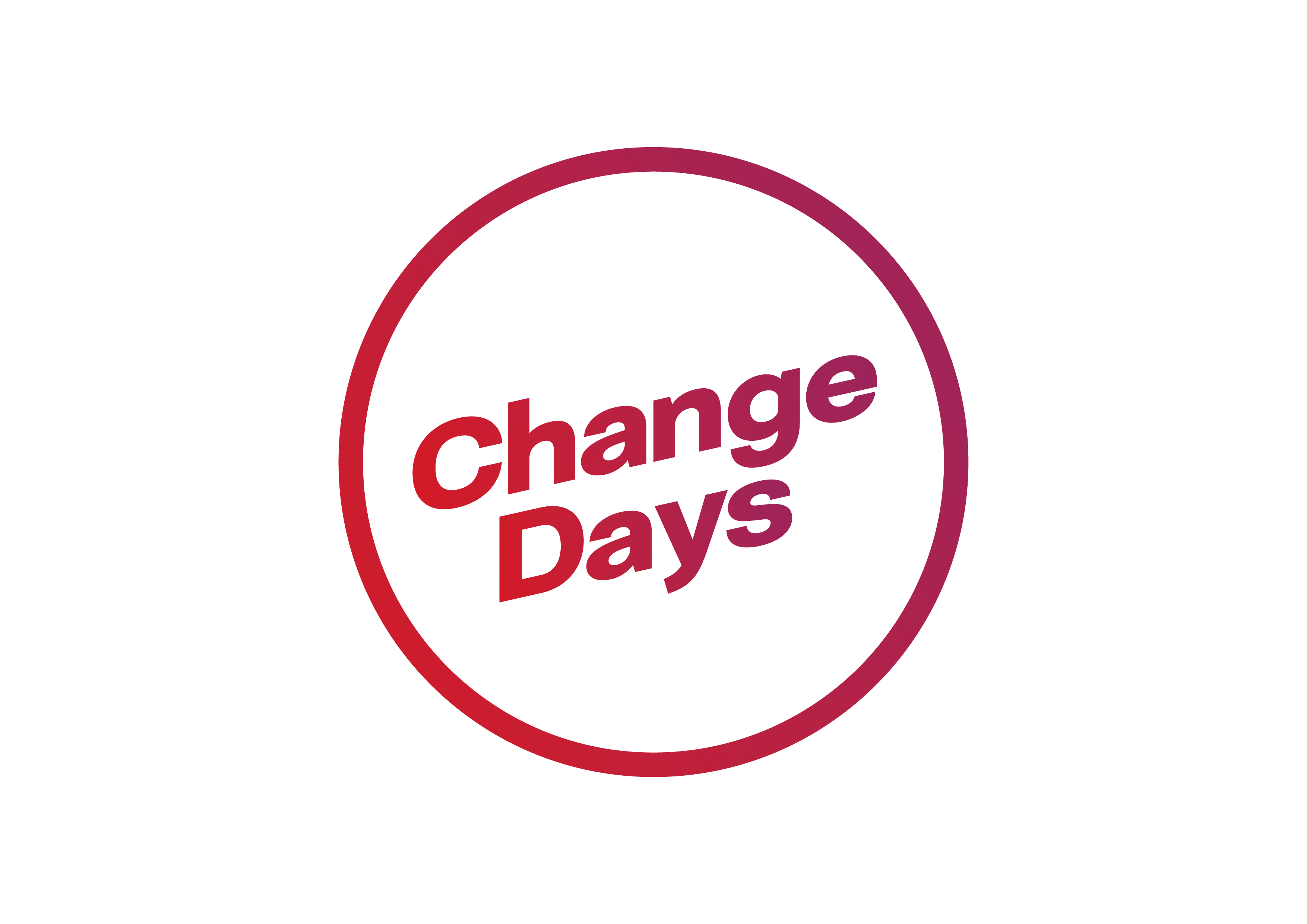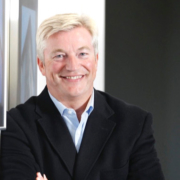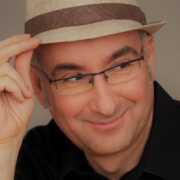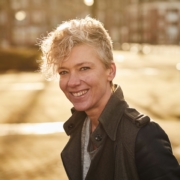Can you imagine the future of your organization, department, product, yourself in a highly disruptive world? Who will be you at that time and what will be your role? How disruption will have transformed you and your work? Are you interested to explore that?
As most organizations strive for a sustainable growth in an era of constant disruption, they fall into a paradoxical mythology, the one that they are able of keeping control and remain safe as they grow towards the future, the same way they did in the past. It is inevitable that a different approach is needed to detach themselves from the paradox that this mythology provokes and move towards a new narrative which reflects the multi-directional forces of the environment that they operate. The hypothesis, which forms the basis of this highly interactive workshop, is that if one tries to create successful strategies for the future, this cannot happen today without experiencing, “playing,” and getting more familiar with the disruption itself and its consequences.
This workshop firstly aims to produce important strategic outcome on the future of whatever you would like to explore, by considering how disruptive the future may seem. Secondly, via the introduction of a serious game concept, a set of disruptive interventions are used as ignitions and catalysts for new future personal stories and organizational scenarios to emerge. The concept provides a safe space for participants to familiarize themselves with disruption and by that to experience their creative-self being liberated.
More in detail, participants will be invited to interact with each other, combine and work with what exists today in the field they are operating, and what could be the consequences of several disruptive interventions occurring in the environment (I am disrupted) or induced by them (I am the disruptor). Inspiring challenges, working with stories and scenarios, leveraging group collaboration and dynamics, storytelling, sophisticated feedback and a lot of fun is deployed during this workshop.









